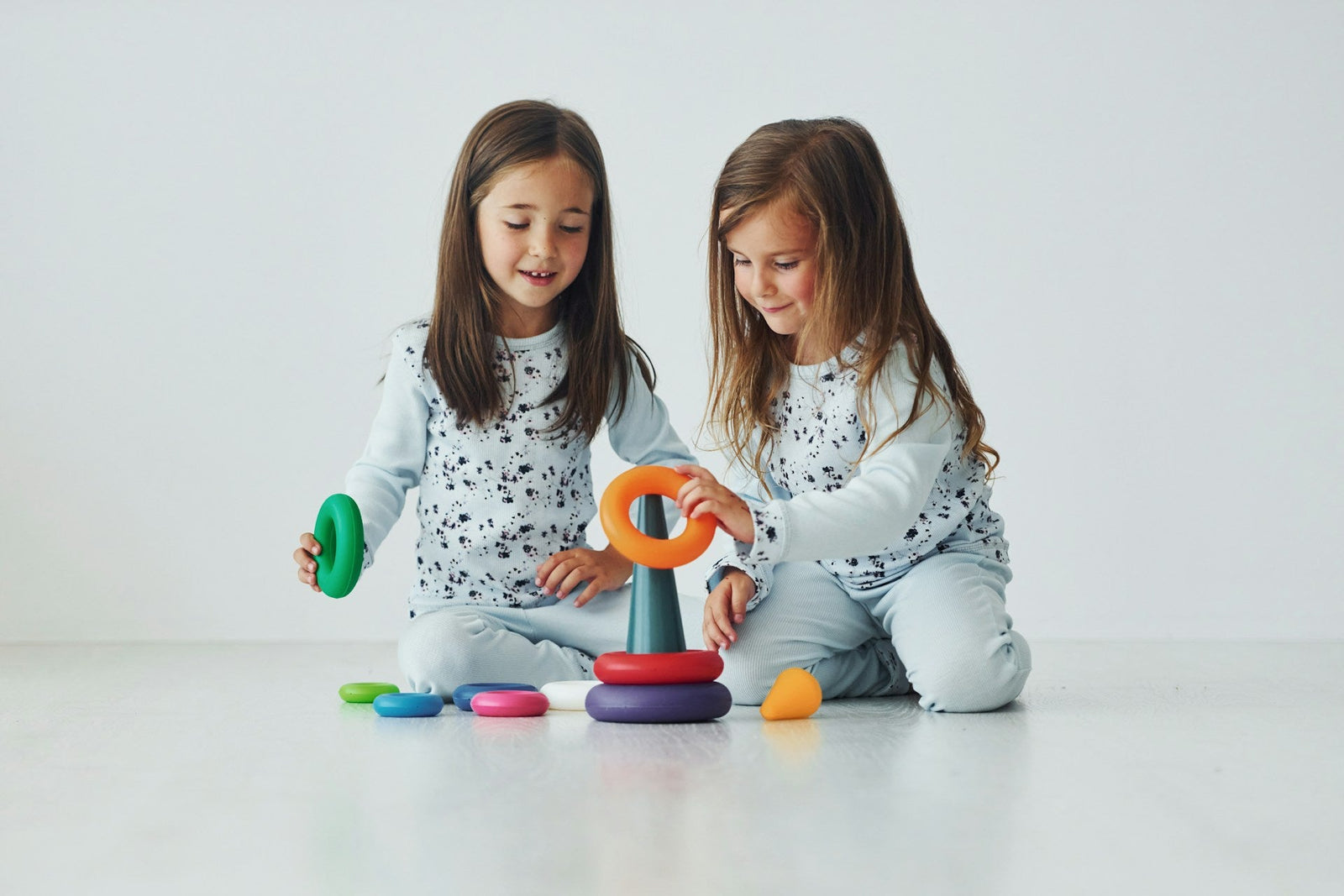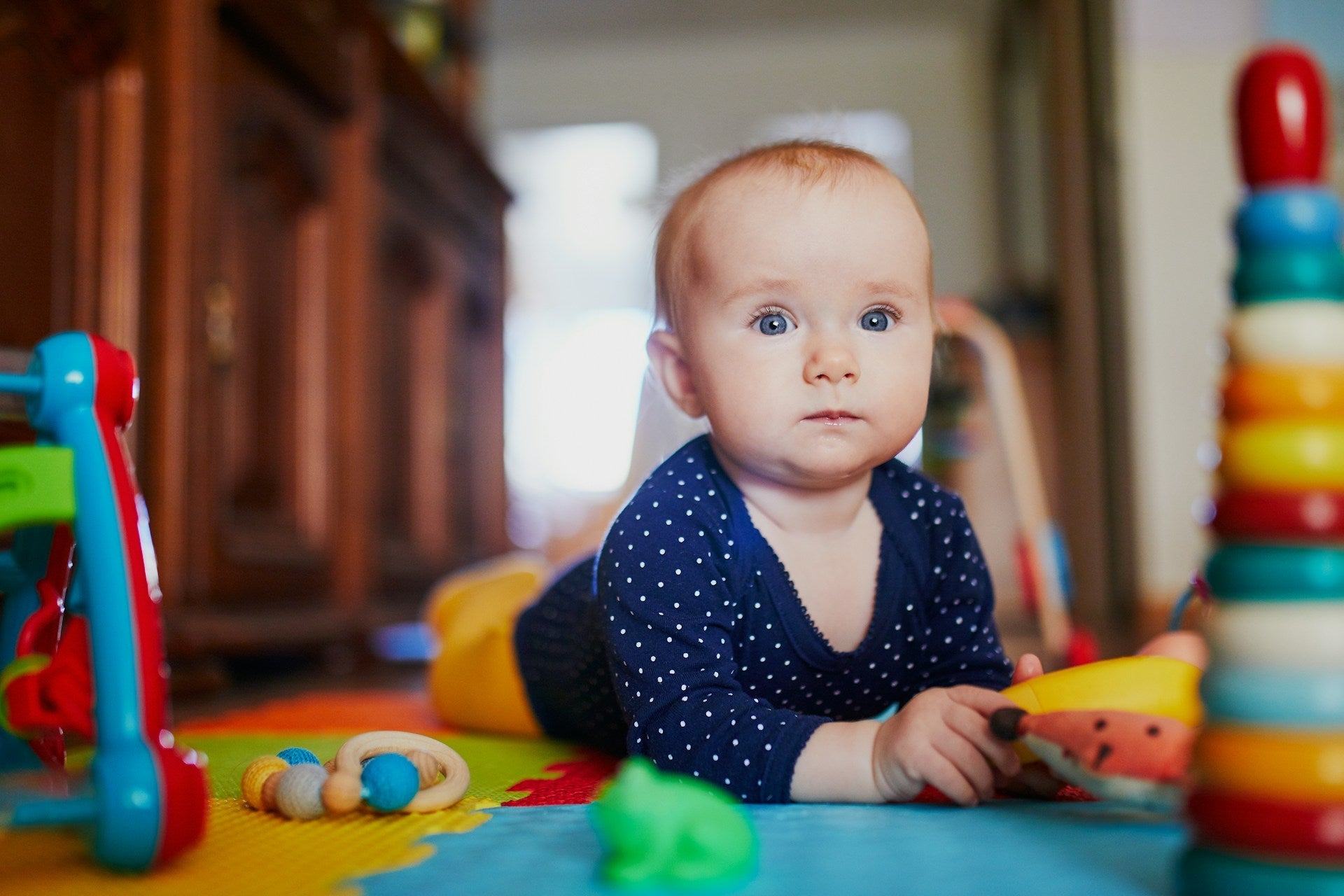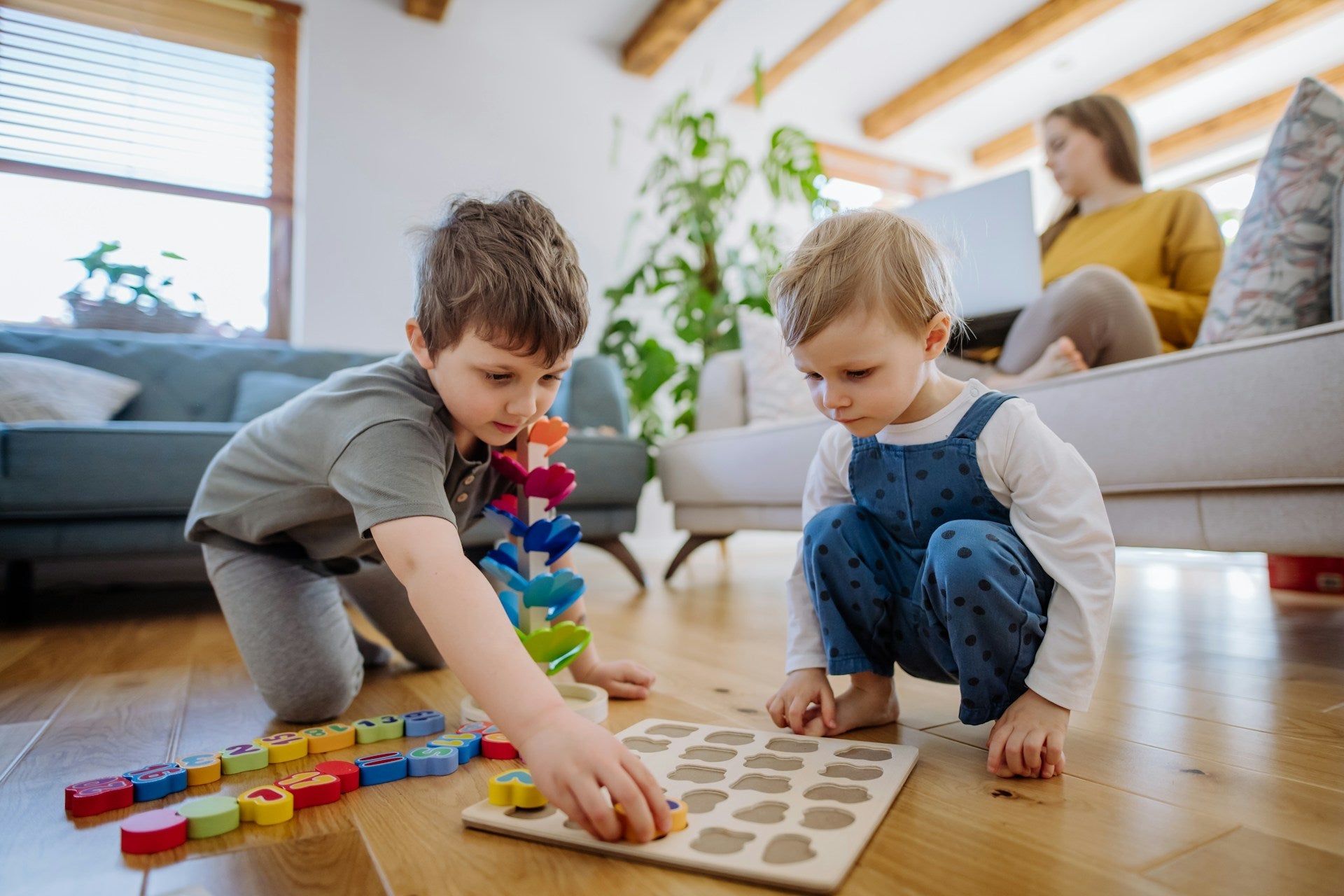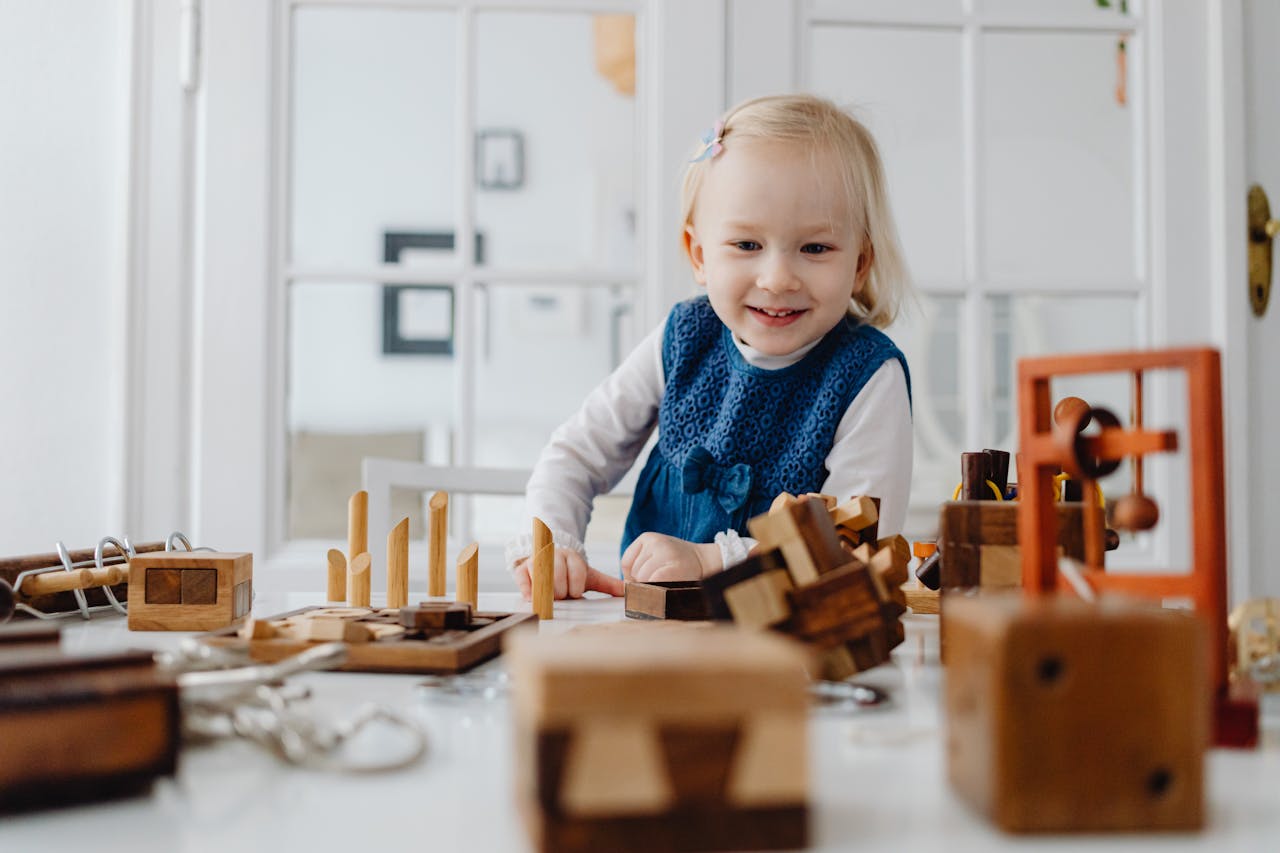How to Cultivate a Love for Learning Through Montessori-Based Toys

Every parent dreams of seeing their child enjoy learning, embracing new concepts with curiosity and enthusiasm. Cultivating a love for learning from an early age lays the foundation for lifelong discovery. The Montessori method is an effective approach that emphasizes student-led exploration and discovery, encouraging children to follow their natural interests.
Montessori-based toys are excellent tools to support this educational journey. Designed to encourage hands-on learning, these toys help children explore concepts at their own pace. Through play, kids develop independence and confidence, enhancing their ability to think critically and solve problems on their own.
Understanding the principles behind Montessori toys and how they promote learning can make a big difference in how children engage with their environment. Join us as we explore how to select the right Montessori toys, incorporate them into daily routines, and foster a supportive space for your child's growth and exploration.
Understanding the Montessori Method and Its Impact on Learning
The Montessori method is grounded in the belief that children learn best through self-directed activity, hands-on learning, and collaborative play. Dr. Maria Montessori developed this educational approach to respect children's individuality and nurture their natural curiosity. Key principles include fostering independence, allowing freedom within limits, and providing an environment designed to meet children's developmental needs.
Through self-directed learning and exploration, children become active participants in their education. They gain the confidence to tackle challenges and find solutions on their own, promoting critical thinking skills. In Montessori settings, children choose activities based on their interests, leading to more meaningful and effective learning experiences.
Montessori-based toys play a crucial role in supporting these educational principles. These toys are purposefully designed to encourage exploration and mastery over various skills. They are often simple, focusing on one concept or skill at a time, such as sorting colors or building shapes. By using toys that promote concentration and creativity, children develop problem-solving skills and a love of learning. Montessori toys are safe, child-sized, and allow kids to explore at their own pace, making them a vital part of this educational philosophy.
Choosing the Right Montessori-Based Toys
Selecting the right Montessori toys can greatly enhance a child's learning experience. It's essential to choose toys that align with the Montessori philosophy, which emphasizes simplicity, purpose, and tactile engagement. When choosing toys, consider the following criteria:
-
Simplicity and Purpose: Opt for toys that focus on one skill or concept. They should encourage children to concentrate and complete tasks, enhancing problem-solving skills.
-
Quality and Safety: Choose toys made from natural materials like wood. These are durable and provide a tactile experience that plastic toys often lack.
-
Age Appropriateness: Ensure toys match the child's developmental stage, offering the right level of challenge.
-
Engagement and Exploration: Select toys that spark curiosity and engage multiple senses, such as puzzles, building blocks, or musical instruments.
Examples of toys that encourage specific skills include:
-
Fine Motor Skills: Bead threading, stacking toys, and pegboards.
-
Cognitive Skills: Puzzles, pattern games, and memory cards.
-
Sensory Development: Texture cards, sound boxes, and color tablets.
By carefully considering these aspects, parents can provide an enriching play environment that respects the Montessori philosophy and supports a child's growth across various developmental stages.
Incorporating Montessori Toys Into Daily Play
Integrating Montessori toys into daily playtime is a strategic process that can maximize their educational potential. The key lies in creating a seamless blend between guided play and spontaneous exploration. Begin by setting up a designated play area that fosters freedom and creativity, filled with toys that are easily accessible to your child. This prepared environment allows children to select their activities independently, encouraging self-guided learning.
Engage your child with toys by associating them with real-world experiences. For instance, if you have a set of toy fruits and vegetables, you can explore sorting games or simulate grocery shopping. These activities connect play to everyday tasks, deepening understanding and retention.
Another strategy is to change the toys periodically to keep your child engaged and motivated. Rotate toys every few weeks to introduce variety and maintain interest. Encourage collaboration by inviting siblings or friends for shared play sessions, which can enhance social skills and cooperation.
The aim is to provide a space where children can explore freely while still gaining valuable insights. In this way, Montessori toys serve as a bridge between play and essential learning without interrupting the natural joy of discovery.
Encouraging Independent Play and Exploration
The Montessori philosophy places great emphasis on fostering independence among children. Encouraging independent play allows children to build confidence and autonomy. This approach helps children develop problem-solving skills, as they navigate challenges and learn from their experiences without constant adult intervention.
To promote exploration, provide children with choices. Offering a variety of toys and activities empowers them to decide their play route, fostering decision-making skills. Create a safe and enriching environment that sparks curiosity, like a playroom filled with textures, colors, and objects for inspection.
Here are some tips to support independent play:
-
Offer open-ended toys that can be used in multiple ways.
-
Encourage questions and facilitate discussions rather than providing immediate answers.
-
Allow children to make mistakes and find solutions independently, enhancing critical thinking.
Parents play an essential supportive role by observing from a distance and stepping in only when necessary. By doing so, children remain engaged and motivated, gaining confidence in their abilities and creativity.
Conclusion:
Fostering a love for learning through Montessori-based toys is an enriching journey that combines education with the joys of play. Embracing Montessori principles provides children with a solid foundation for growth, independence, and exploration. By choosing the right toys and creating a supportive environment, parents can nurture their child's natural curiosity and passion for learning.
The process requires thoughtful consideration of each child's unique needs and the creative use of educational toys to stimulate development across various domains. Through consistent support and encouragement, parents empower their children to become active participants in their own learning journey, setting the stage for success in both school and life.
To enhance your child's learning experience, explore Hatchberry's collection of Montessori products designed specifically to engage and inspire. Our range is curated to support your child's developmental needs, providing quality materials that encourage growth and exploration. Contact Hatchberry to discover how you can incorporate these enriching tools into your child's playtime and foster a true love for learning.








